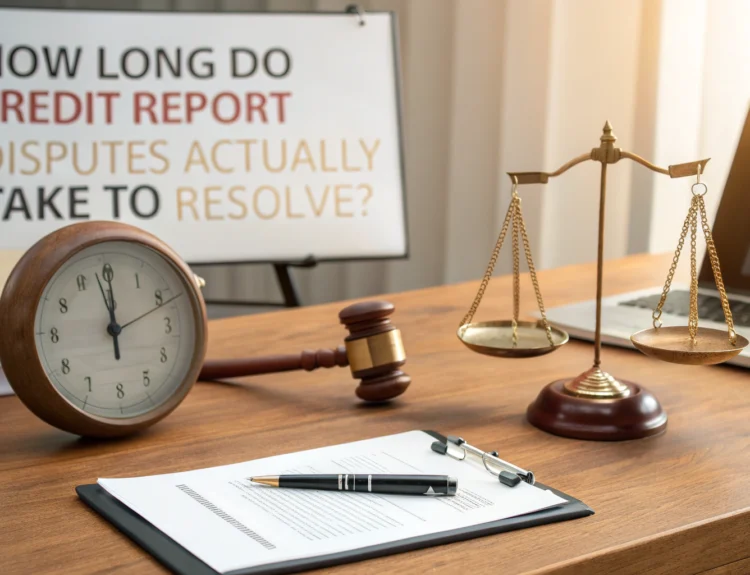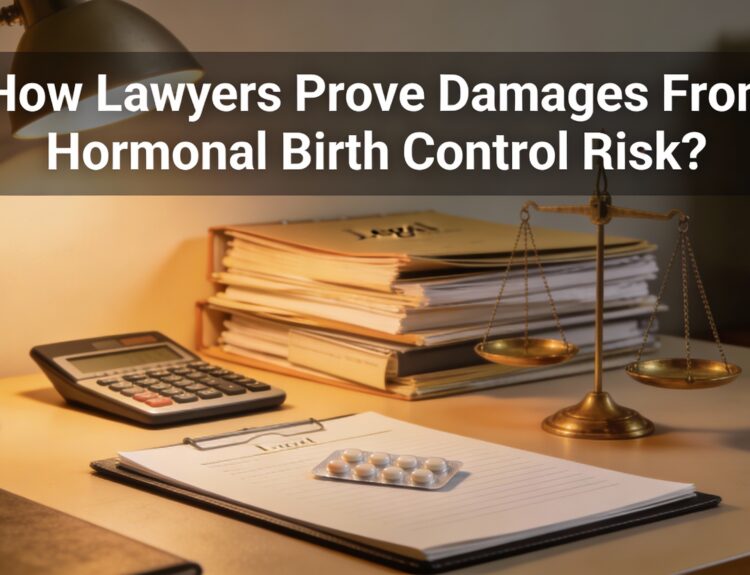Average Cost for Probate Attorney
The cost of an attorney can vary depending on different things. It mostly depends on the kind of work they do. Some jobs take more money than others.
A probate attorney does a lot for you so they will charge what they feel will cover all the work. An average rate in Riverside County is based on probate code number 10800 and 10810 and are based on the gross value of the estate. Fees are four percent on the first hundred thousand dollars and three percent on the second hundred thousand dollars.
Probate attorneys do a lot for you after the death of a loved one. They tell you what you need to do in order to execute the will or living trust. They will make sure that things are done according to the wishes of your loved one.
This article will tell you more about what a probate attorney does. It will help you to learn what you should do. You can get more information by doing some research on the subject.

Steps to Probate in California
- Submitting Last Will and Testament – You will need to submit the last will and testament and open probate by petitioning the court. Learn more about that here. The law requires you to submit the will to the appropriate court as soon as you can after the death. If you are the executor of the will, you should also petition the court to start probate.
If the person died without a will, any person that is competent can petition to become the Personal Representative of the estate. This means you will be the person that helps the court to do the probate. This is an important job, so make sure that you are up to the challenge.
- Securing Estate Assets – As soon as you can after the death, as executor or personal representative, you need to start identifying, locating, and securing the decedent’s assets. These assets may include real estate and personal property, and tangible and intangible assets: https://www.freewill.com/learn/probate-assets. This is one of the many jobs that you need to do as executor or PR.
Once you have identified and secured these assets, you need to let the court know about them. They will ask you questions about the assets and see where they need to go. It may take a while to do this step, so be patient.
- Categorize the Assets – Some assets don’t have to go through the probate process. Because this is true, you will need to categorize the assets. They need to be categorized into probate and non-probate assets.
Non-probate assets are just passed on to the beneficiaries without going through probate. Some common non-probate assets are trust assets, proceeds of a life insurance policy, jointly held property, accounts that are designated as “payable on death” or “transfer on death,” and retirement benefits.

- Value Assets – The executor must get a “date of death” value of all assets. Many times, professional appraisers are utilized to do this. This way you aren’t guessing at the values, you are getting an accurate value.
Once you get the values of all the assets, you need to let the probate attorney know them. They might also be able to help you with this step. They can at least point you in the right direction to find an appraiser.
- Notify Creditors – The next thing you need to do is to notify the creditors. This is so that the creditors can file a claim against the estate. If you know the creditors, you can contact them personally. If you don’t know who they are, you can place an ad in the newspaper.
You want to make sure that you notify all the creditors so that they can get the money that they deserve. You also don’t want to have bills owed later; you want them all paid off with the estate. This way, it won’t affect your credit history.
- Review Creditor Claims – As an executor, you will get to see all the creditor claims and approve or deny them. If you think they are credible, then you should approve the claims. If they aren’t credible, you should deny them.
This is the way that you can make sure all the claims are paid. The claims are paid out of the estate. If there is not enough money in the estate, you may have to pay for them yourself.
- Litigate Challenges – If there is a contest filed against the will, the executor must defend it. If that happens, probate comes to a stop until the will is fully litigated. This is because you can’t probate the will until this is settled.
- Calculate Estate Taxes – All estates are subject to federal gift and estate taxes. If there are taxes due, the estate will pay for them. You can’t finish the probate until all taxes are paid.
This must be done before estate assets can be distributed to the beneficiaries. Probate can be closed after everything is paid. If the estate doesn’t have enough to pay for the taxes, it may be left up to you.
- Sell Assets – Another option, if available, is to sell assets if you don’t have money to pay creditors and taxes. This must be done if you have assets available to sell. Again, those fees might be left up to you if you have no assets to sell.
- Transfer Assets – The final step is to transfer the assets to the proper beneficiaries. This means that you will give the assets to the people that the decedent wanted them to go to. After you transfer the assets, you are done with the probate.
Conclusion
There are many steps that you must take to go through probate with a will. Each of these steps is very important and you can’t skip any of them. This process can take as long as a year and a half and can be quite expensive.




